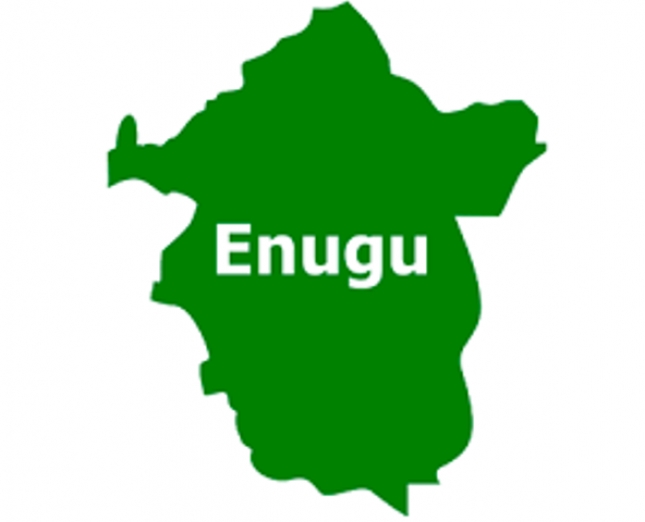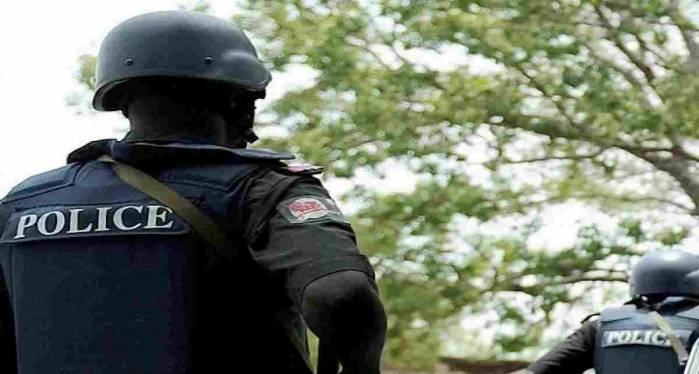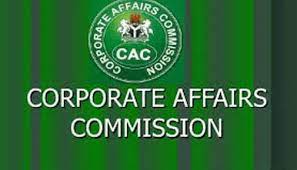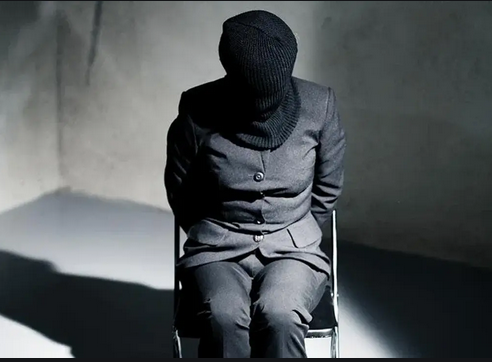Indian-administered Kashmir remains in a state of lockdown a day after it was stripped of special status that gave it significant autonomy.
Telephone networks and the internet, which were cut off on Sunday evening, are yet to be restored even as tens of thousands of troops patrol the streets.
The revocation of special status was expected to trigger widespread protests, but there is no word on how people have reacted to the news.
Local leaders have also been detained.
The Himalayan region of Kashmir is claimed in its entirety by both India and Pakistan, but they each control only parts of it.
There is a long-running separatist insurgency on the Indian side, which has led to thousands of deaths.
The BBC’s Aamir Peerzada in Srinagar, who managed to speak to colleagues in Delhi on Monday, said: “No-one knows what is happening in other parts of the state – we can’t talk to anyone else. People are concerned – they don’t know what is happening, they don’t know what is going to happen.”
Kashmiris in other parts of the country have said that they are unable to get through to their families and that they are worried and scared.
One Delhi-based student told the Indian Express newspaper that he had even tried calling the local police station to ask about his family but to no avail.
For many people in Indian-administered Kashmir, Article 370 – as the law guaranteeing special status was known – was the main justification for being a part of India and by revoking it, the BJP has irrevocably changed Delhi’s relationship with the region, the BBC reports.
The article allowed the Indian state of Jammu and Kashmir a certain amount of autonomy – its own constitution, a separate flag and the freedom to make laws, though foreign affairs, defence and communications remained the preserve of the central government.
As a result, it could make its own rules relating to permanent residency, ownership of property and fundamental rights. It could also bar Indians from outside the state from purchasing property or settling there.
In the days leading up to Home Minister Amit Shah’s parliamentary announcement on Monday that Article 370 had been revoked, tensions were high in the Kashmir valley as tens of thousands of additional troops were deployed to what is already one of the world’s most militarised zones.
Tourists were asked to leave, and Hindu pilgrims making an annual religious trek were also asked to return to their homes. Schools and colleges were shut down. No indication was given about what was being planned.
Assuming the worst, concerned locals stockpiled food that would last for months, correspondents in the region said. In anticipation of the communication blackout that was to come, police personnel were issued satellite phones.
On Sunday night, two former chief ministers were placed under house arrest and communications networks were blocked. Since then, the region has been under a virtual blackout with no information coming out.
Additional troops have been deployed following Mr. Shah’s announcement on Monday.
There is no indication of when communications will be restored although local news reports say that people are being allowed to enter the region.
BBC











